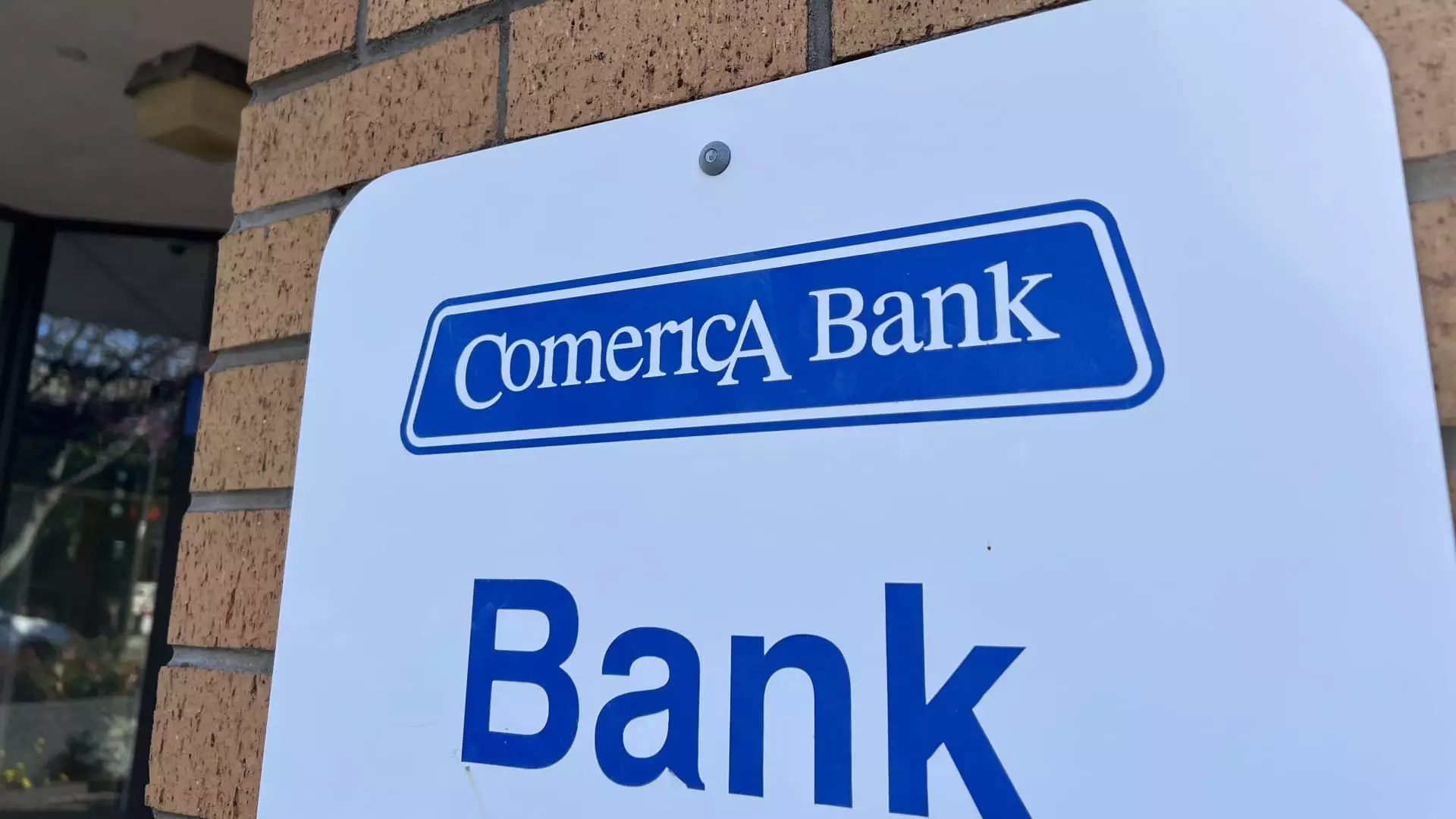The Consumer Financial Protection Bureau (CFPB) recently leveled serious accusations against Comerica Bank, alleging that the financial institution failed in its duties to manage a key federal benefits program that utilizes prepaid debit cards. Specifically, the CFPB’s complaint asserts that Comerica “intentionally terminated” over 24 million customer service calls and imposed unwarranted ATM fees on more than 1 million cardholders. Furthermore, the bureau claims that Comerica mishandled fraud complaints related to the Direct Express prepaid debit card program, which is essential for numerous Americans reliant on government assistance.
CFPB Director Rohit Chopra didn’t mince words, stating that Comerica’s actions appeared to be motivated by a desire to profit at the expense of the most vulnerable in society. He highlighted that the bank’s alleged practices not only compromised the integrity of the Direct Express program but also risked the livelihoods of seniors and individuals with disabilities who predominantly rely on these federal benefits for everyday expenses. As a financial tool designed to provide easy access to funds, the Direct Express card enables users to make necessary purchases like groceries and fuel.
Since 2008, Comerica Bank has held a contract with the Department of the Treasury to facilitate this payment program. The bank’s responsibilities entail not only the distribution of funds but also offering reliable customer service to assist users encountering issues with their accounts. The expectations set forth by this partnership were clear: beneficiaries should have ready access to the support they need—particularly given that many lack traditional banking experience. However, the CFPB’s complaint suggests a gap in service that called into question Comerica’s commitment to those it serves.
Despite claims on the Direct Express website that customer support is available around the clock, testimonies from users indicate that reaching a representative was often a daunting challenge. This disconnect presents a worrying scenario for individuals who depend on this service. The agency‘s charges raise important ethical questions regarding Comerica’s operational standards and accountability.
In response to the allegations, Comerica filed an earlier complaint against the CFPB, asserting that the bureau overstepped its bounds and failed to consider the oversight that Comerica was under as a financial agent for the program. The bank’s vice president of media relations, Louis Mora, defended the institution’s practices, contending that it had consistently cooperated with the CFPB by providing pertinent information and documentation to demonstrate its compliance with federal oversight.
Mora characterized Comerica’s commitment to serving its cardholders as unwavering, insisting that the bank remains resolute in its defense against the CFPB’s claims. This assertion brings into focus a critical dialogue about regulatory scrutiny and the responsibilities of financial institutions operating under government contracts.
This complaint comes amid a broader backdrop of regulatory actions taken against financial organizations that mishandle governmental disbursements. Notably, the CFPB previously imposed hefty fines on Bank of America for similar infractions concerning state unemployment benefits during the pandemic. Such historical precedents could suggest a heightened vigilance on the part of regulatory authorities to ensure that financial institutions maintain the highest standards of service, particularly when dealing with society’s most vulnerable populations.
As this case unfolds, it stands to highlight the balance between regulatory oversight and the operational autonomy of banks like Comerica. The outcome may not only influence the future practices of Comerica but could also send ripples across the financial services landscape regarding compliance and service integrity.

